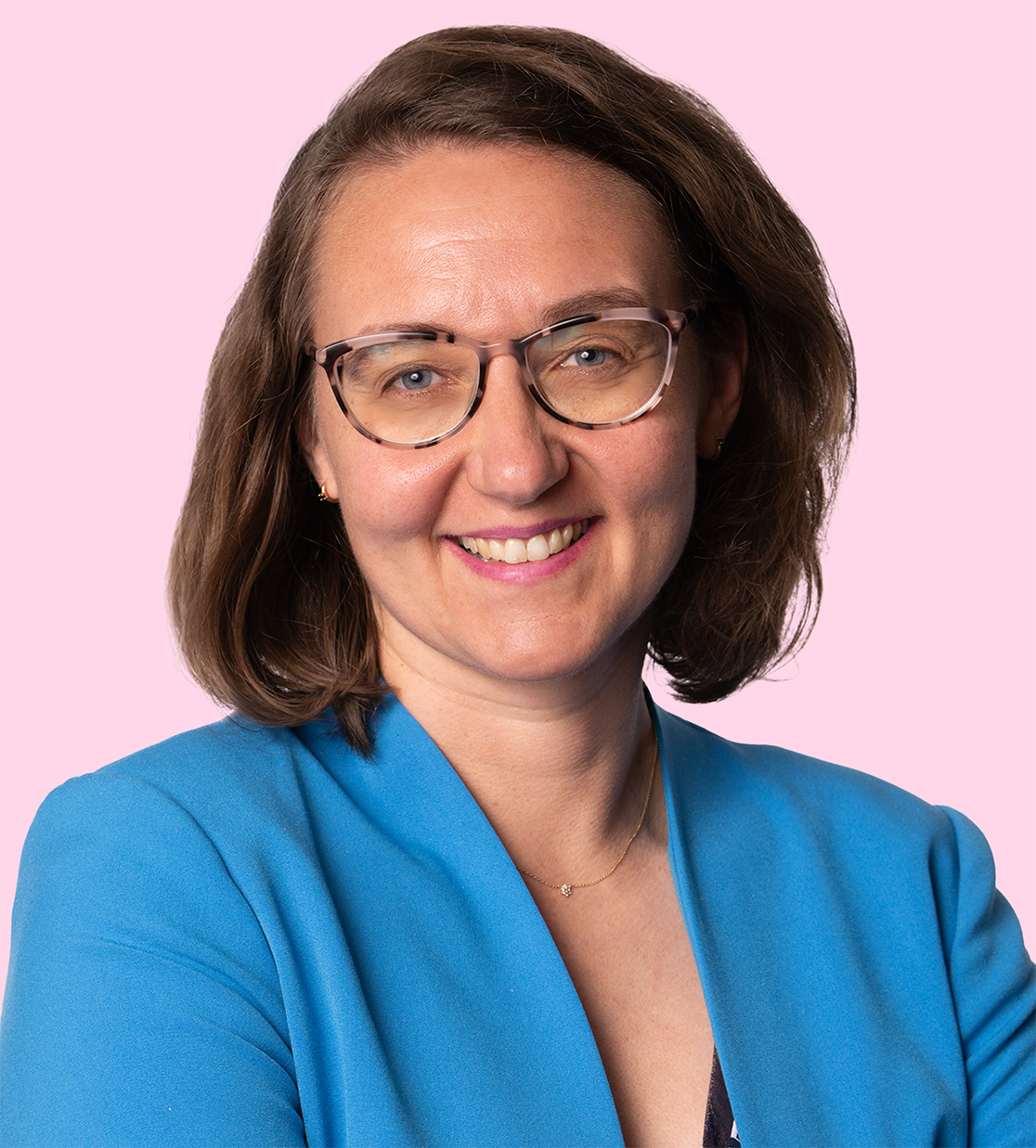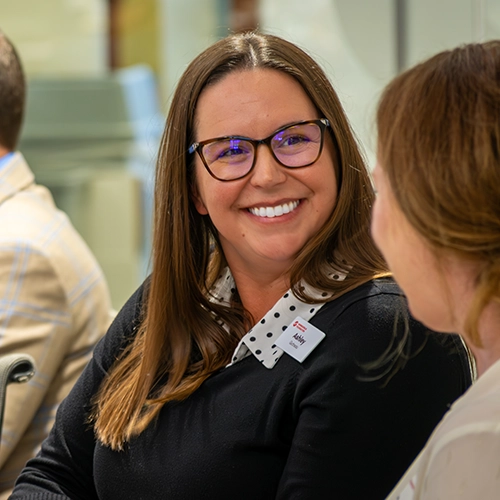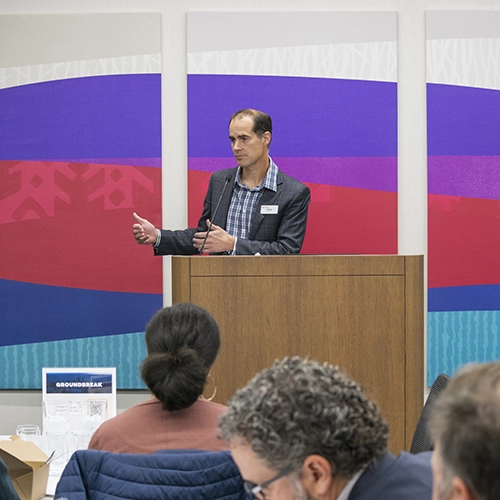Fourth Generation Awards $60,000 in Grants

Fourth Generation, a program of the Minneapolis Foundation that brings together emerging philanthropists, awarded $60,000 in grants to six local organizations working to address place-based disparities. Each organization will receive $10,000.
Members of Fourth Generation work together to learn the skills of strategic giving and pool their resources to make a much bigger difference in the community than they could alone.
Every year, they vote to choose an issue, then work together to research, fundraise and review proposals. The year culminates with the selection of local nonprofits to receive grants. This year’s grantees are all working to ensure that everyone who lives in our community—regardless of their ZIP code or neighborhood—has the resources and opportunities they need to thrive.
Here’s what this year’s grant recipients will do with their Fourth Generation funding:
- The Center for Earth, Energy and Democracy will continue its work to ensure that communities and policymakers have the tools and information to create just, sustainable energy and environmental policy. Fourth Generation funding will help CEED organize a core group of community activists through tailored energy justice workshops and develop a base energy assessment of “Green Zone” neighborhoods in Minneapolis that can be used to push for energy system alternatives.
- Dream of Wild Health will continue its work to restore health and well-being in the Native community by recovering knowledge of and access to healthy Indigenous foods, medicines, and lifeways. The group serves many Native American children in Minnesota, especially those in urban areas who lack access to the kinds of food experiences that many children in rural areas grow up with.
- Mapping Prejudice will continue its work to create a visual, interactive map of the racial covenants in Minneapolis. Minneapolis is the first city in the country to produce such a map. Thousands of people have attended Mapping Prejudice presentations at which they learn about the history of racial covenants, redlining, and government and private-sector practices that have contributed to housing segregation. In addition, they learn how to identify racially explicit covenants in historical, primary-source data. Through this interactive crowd-sourcing project, members of the public can contribute to Mapping Prejudice’s data set by working on their own to identify racist language in housing deeds.
- The Native American Community Clinic will create a medicine garden where it will teach its Native clients how to plant, grow, and harvest traditional medicines. Funds will support the purchase of plants, soil, and other supplies for the garden, as well as an irrigation system, marketing, and a community event. The clinic also has seeds that they will give to clients who wish to plant their own gardens at home.
- Seward Redesign will start a Sharia-compliant lending and investment fund. The Muslim community in Minnesota experiences faith-based restrictions to accessing capital. This program, which will provide non-interest bearing loans, will help local Muslim entrepreneurs start and grow businesses. Seward Redesign will use its Fourth Generation grant to provide the initial four to eight borrowers with one-on-one, culturally competent technical assistance in areas such as accounting, marketing, and legal counsel. The grant will also support program administration and evaluation.
- WellShare International will continue to help people in underserved communities access the education and care they need to maintain and improve their health. This work reduces the health disparities of populations experiencing cultural, language, education, and income barriers. The program’s community health workers are trained to provide culturally and linguistically appropriate education and access to services.
Fourth Generation helps ensure that future generations have the tools they need to carry on Minnesota’s tradition of generosity and make positive change in the community. Over the last nine years, more than 350 members have donated and raised $417,000 to fund grants awarded to nonprofit organizations working to address critical community issues such as affordable housing, criminal justice reform, food justice, small business development, and services for aging Minnesotans.


